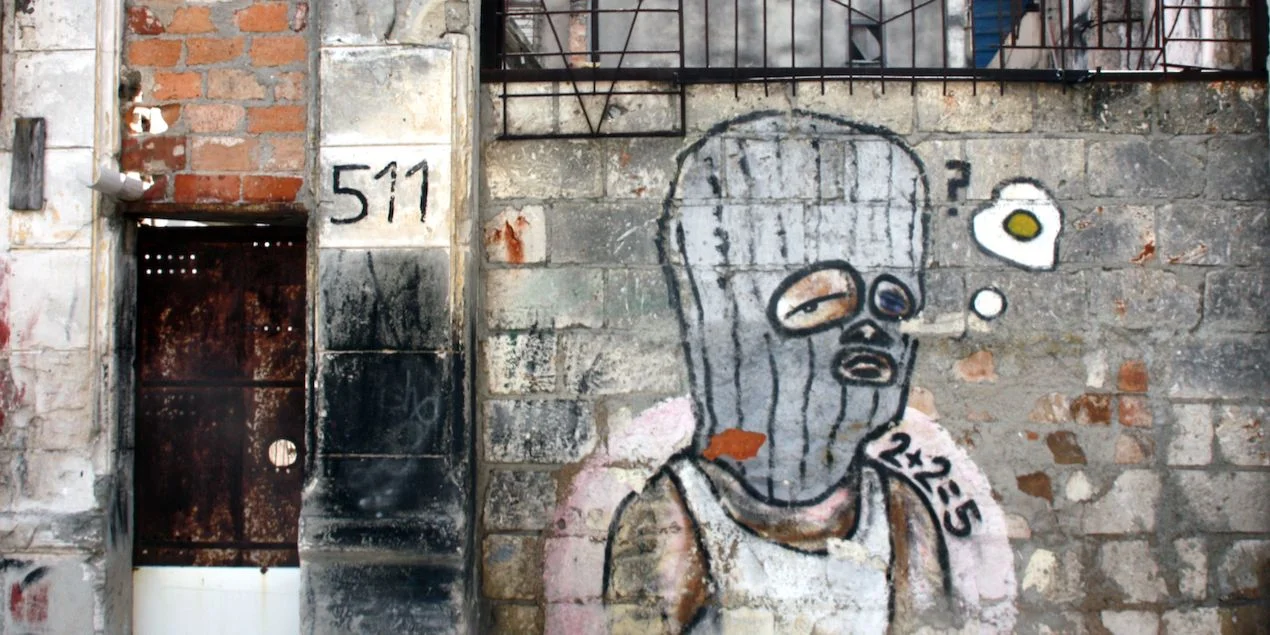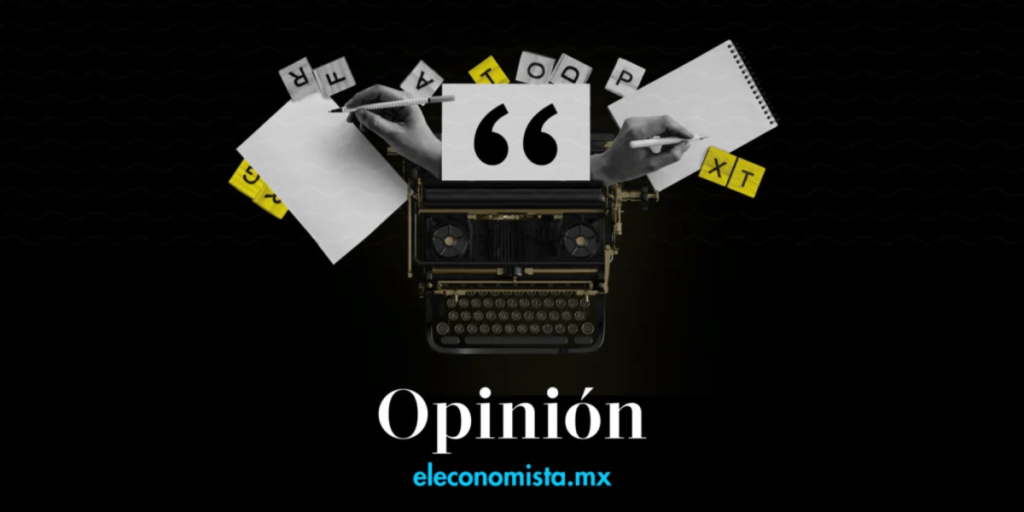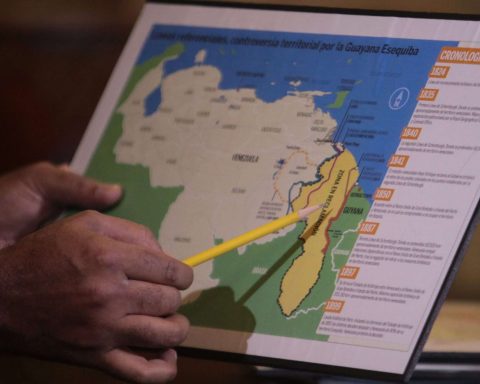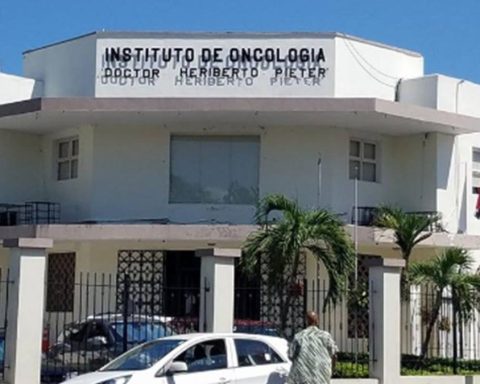HAVANA, Cuba. – In Cuba, in my neighborhood, it is not difficult to conjugate the verb to steal, especially in recent weeks. In my neighborhood, which is not short, there is talk of endless robberies and no one dares to predict their end. In my neighborhood we forget the last robbery and wait, with some compliance, for the next one. In Havana Thefts multiply, they add up, and they could even become, in Piñerian fashion, a beloved custom.
Without a doubt we have assumed an acquiescent and contemplative attitude towards almost everything, and now also towards thefts. We remain silent believing that we will be protected. If we do anything, it is a kind of street reporting of the robberies, but only among ourselves, and nothing else.
These thefts are talked about in the bread line and in the warehouse, in the long, wide line that the sick make in the pharmacy, and so much so that I have come to believe that we assume, perhaps to defend ourselves, a contemplative attitude, and even generous, with thieves, for fear of those criminals, and the Government that may say that it is just trifles.
I myself have chosen to avoid those conversations that scare me and to which, sometimes, I respond with some mime or repeating that gesture of astonishment that is identical to another that the photographer of my town captured when I was a little baby, which I was. …
Rumors about the constant kidnappings come from the crowd, and are told in the manner of a picaresque novel. There are many astonishments but there are also laughs that hurt and disarm, that confirm the place where our values and commitment to our fellow human beings went, with those who share the same spaces of despair and sadness.
Many things have been said about these robberies, and one of them is the apparent certainty that thieves use lockpicks to open their victims’ doors wide, or perhaps just a crack that does not attract much attention. “They opened another door, they robbed another house,” that’s what they say and I cross myself and put up bars, I wake up, I get scared, I’m attentive.
They say that thieves are young, that they don’t even have the face of thieves, that they have the face of ordinary people, but I have never really known what the face of ordinary people is or what the face of thieves is. They say that robbers get excited if the victims do not reciprocate their pressures. They say that they are rude, that they increase the threats, and the force in the attacks.
I heard that they push the victims, that they harass them, that they whisper expletives, and they show knives that threaten and frighten them. I have heard it said that one of the members of a “gang” has a firearm and that he shows it to his victims very viciously, but that detail seems less likely to me.
In Cuba it is not easy to get a gun since Fidel Castro He came to power and took the weapons from the common people, and I think the reader can recognize the reasons why that Castro took the weapons from their owners. A gun is a very serious thing, and today even more so.
A gun is a tremendously serious thing, and perhaps that is why thieves settle for edged weapons, those that they can take from their own kitchens, even from the kitchens of their victims.
In Cuba almost everything is done in murmurs, with slight rumors, with whispers. In Cuba everything becomes rhetoric. In Cuba we are all “rhetoricones”, without the grace of “satiricons”. In Cuba even thieves are pompous and capable of convincing the victim. Those thieves are very rhetorical and persuade by brandishing a knife, I insist that’s what they told me.
Some communists in my neighborhood say that all this is nothing more than a scam, a rumor spread by enemies, but until today no media outlet was interested in making a denial. The press remains silent for a long time. The press maintains the silence of the lambs, which is done, without a doubt, by order, by coercion, and perhaps even so that no one dares to steal those arguments that could be the center of the next television script of that policeman they call Day and night.
They say that there are many points in the city where assaults and robberies with force on things, people, and houses are reported. They say that the victims say that the thieves have ordinary behaviors, and brute force, and that they are deceitful. And the worst thing is that they make promises to return if they give any information to the Police, at least that’s what they say in my neighborhood, and people believe it, and take precautions.
They say a lot on the street but the newspapers notice nothing. The communists in power have not even tried to deny, to persuade the scared. They prefer to avoid alarms, and this time they also avoid, so much so that they have not even been interested in the discourse of denial. This time everything is silence, this time silence is dictated to the lambs, because the silence of the lambs is the denial of these robberies.
Silence becomes law, because, as Wittgenstein made it very clear to us, “what cannot be spoken about must be kept silent.” And the Cuban communists, led by Fidel Castro, made it very clear from the first of the communist days.

















